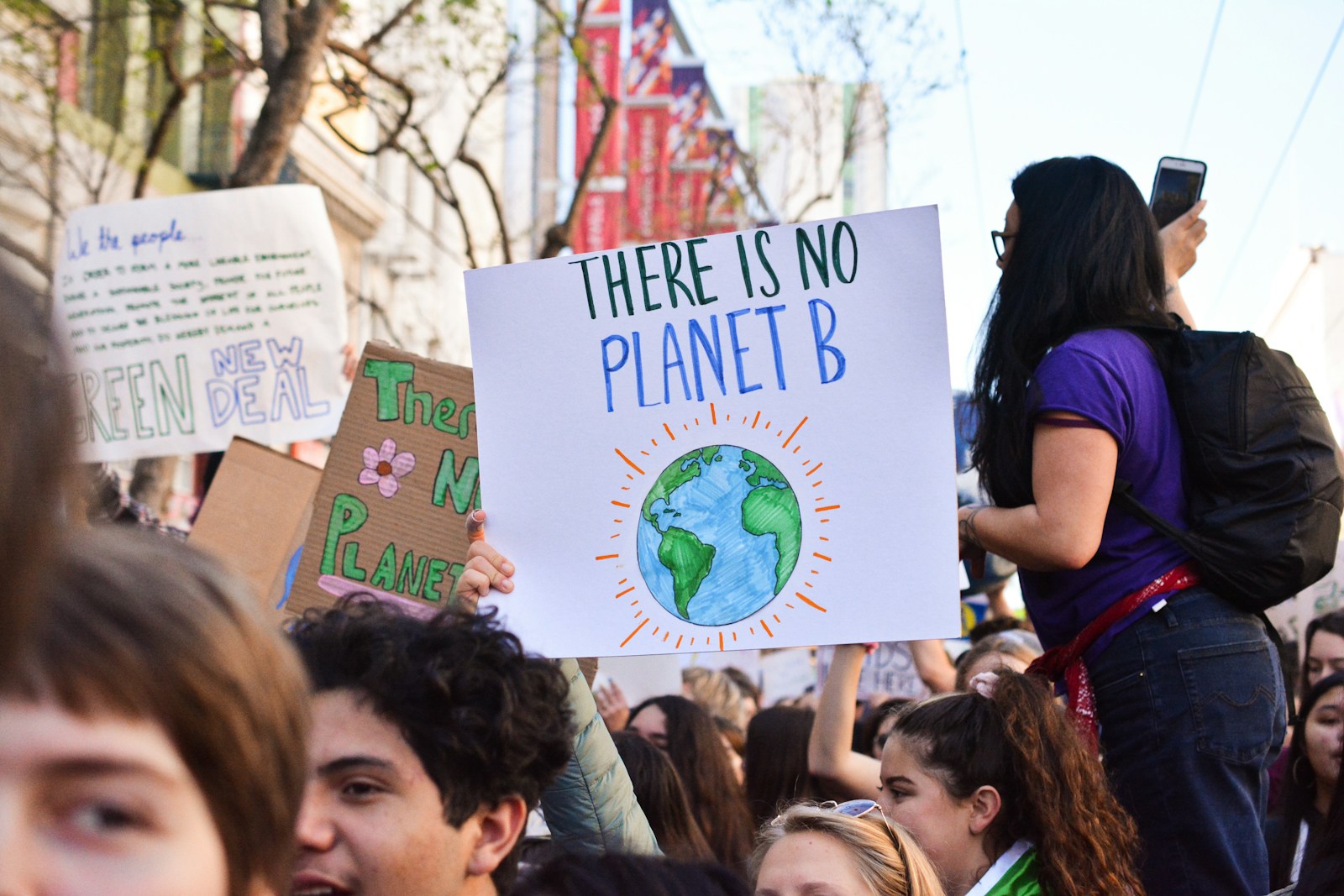Studies conducted by Pennsylvania State University have shown that using virtual reality to promote climate change affairs is much more effective in garnering support than other types of media, such as video.
Researchers meticulously analyzed responses to climate change messaging across a diverse group of one hundred thirty participants. These participants were randomly assigned to VR experience control groups. The findings revealed that 3D VR experiences created by Unity3D elicited more effective responses in supporting environmental policies.
According to Penn State, the application of VR in using it to gather support for climate change policies can be an effective resource alongside the right message type, such as loss-framed messages:

“The findings of this study suggest that in terms of seeking support for climate change policy, the combination of the medium and the message can determine the most effective solution for promoting a particular advocacy message,” said S. Shyam Sundar and James P. Jimirro Professor two prominent subject matter experts.
Overall, this study, conducted by Penn State researchers, offers interesting insights into the power of virtual reality in shaping political ideals, messages, and even campaigns if paired with the right messaging. Thus, VR may play an important role in the future of politics and may act as a messaging tool for candidates seeking office.
If you found this article to be informative, you can explore more current Digital Twin news here exclusives, interviews, and podcasts.













